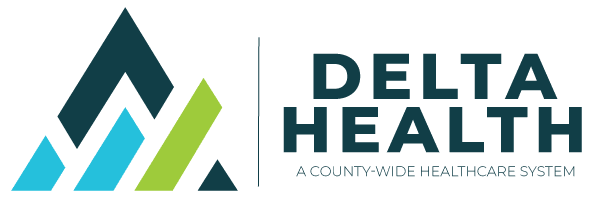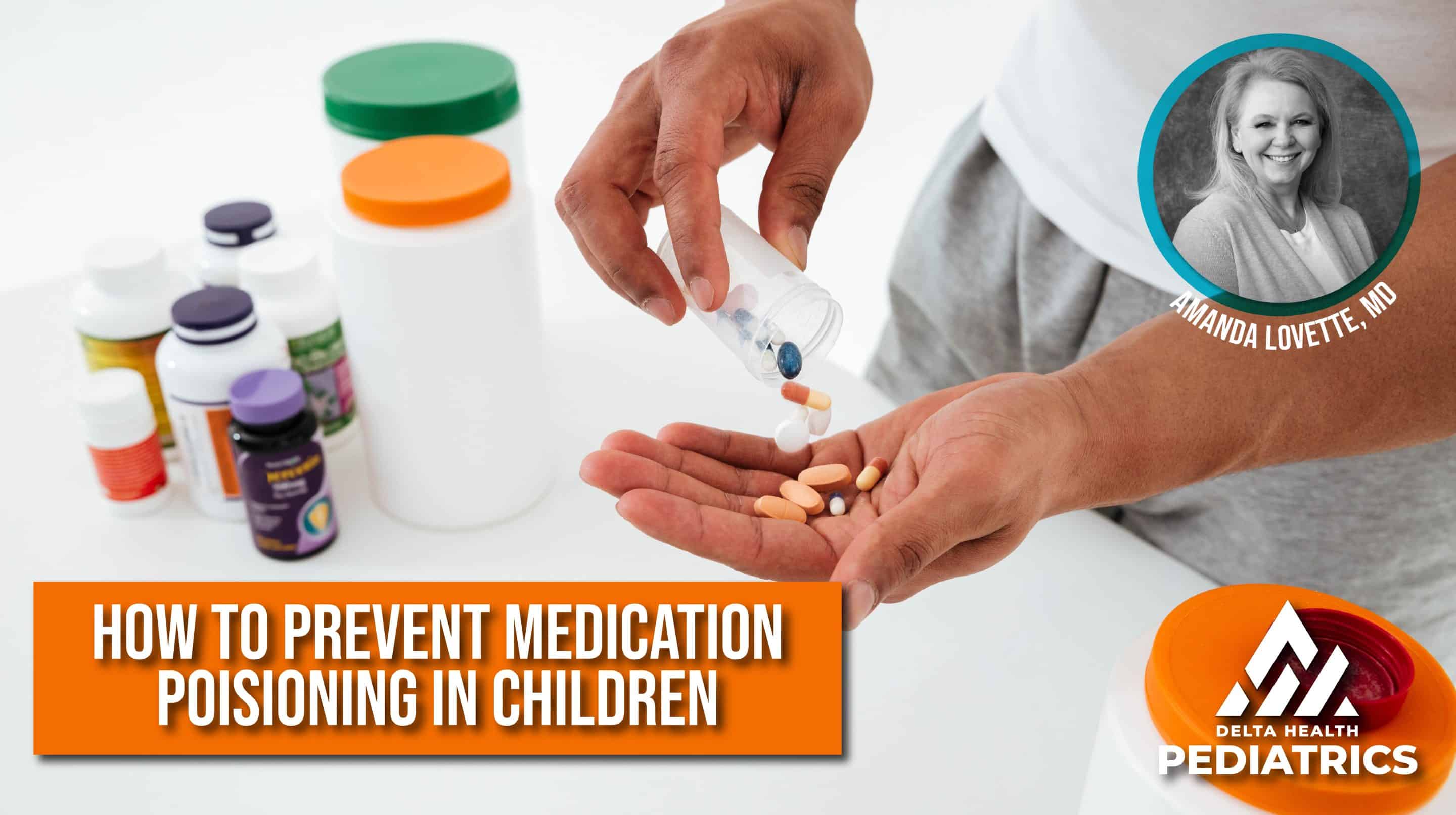Dr. Amanda Lovette, Delta Health Pediatrics
Medication is meant to help us with our ailments. Blood pressure medications, antibiotics, anti-depressants, cholesterol medications, and even over-the-counter medications found in homes all over the community. Sometimes the parents themselves have prescription medications, or maybe medications associated with grandparents who live in the home, or even guests staying a few nights. Whatever the source, these medications can be very dangerous if found and ingested by a child. Some can even be deadly to children, even in a dose as small as one pill. So how do we keep these medications from ending up in the hands of our children?
Safe medication storage
From the moment your child is born, get into the habit of safe medication storage. Putting medications on a high shelf, inaccessible to a climbing child, is a good habit to develop. However, this may not be enough, since if a child can see the medication; it may be so tempting that she finds a way up to it. Out of sight and out of reach is the best way to store medications safely away from children.
Keep medications stored safely in their original containers. These containers will have child safety locks. Unfortunately, I do hear of instances where adults choose not to store these medications in those containers because “it’s too hard to get the lid off.” You may wish to talk to your pharmacist to see if they offer other options for child-safety lids. Another option, and one that can be an additional layer of safety between your child and those medications, is to store medications in a locked box and stash the key in a safe hidden place.
Label pill containers with an open date
Emergency rooms frequently see children who have taken an unknown number of pills. Parents will say they do not know how many pills were in the bottle and how many the child could have taken. To lessen this possibility if your child does manage to take some pills, label the container with the date it was opened and note of how many pills are in the container. This way, doing the math over the number of days since opening the container, you can determine how many you took, and how many should be left versus how many are left (and thus possibly how many your child swallowed). This is important information that your emergency room doctor needs to know to treat your child in the case of an overdose.
Properly clean up pill spills
It is best practice to open pill containers over a counter or other large surfaces. That way, if pills are accidentally spilled, they are contained over a larger area and less likely to fall to the ground where you might not notice them. Where a child, from their shorter position, might take notice and think they found a piece of candy to eat! It is also a good idea to vacuum or sweep the floor if you have a pill spill to further increase the chances that you will find and get rid of any pills on the floor.
Disposal of unused pills
If you have unused pills, it is best practice to dispose of them through the doctor’s office or a pharmacy. Do not keep them at home where your child could potentially have access
Always keep the Poison Control number easily available, both stored as a contact in your smartphone, written on a piece of paper and mounted where it can be easily seen. The Poison Control Center is an invaluable resource for both parents and medical professionals when treating a child who has overdosed on a medication.
If you have questions about your child’s health, contact Delta Health Pediatrics at 970.546.4000 or visit deltahealthco.org/delta-health-pediatrics/.


